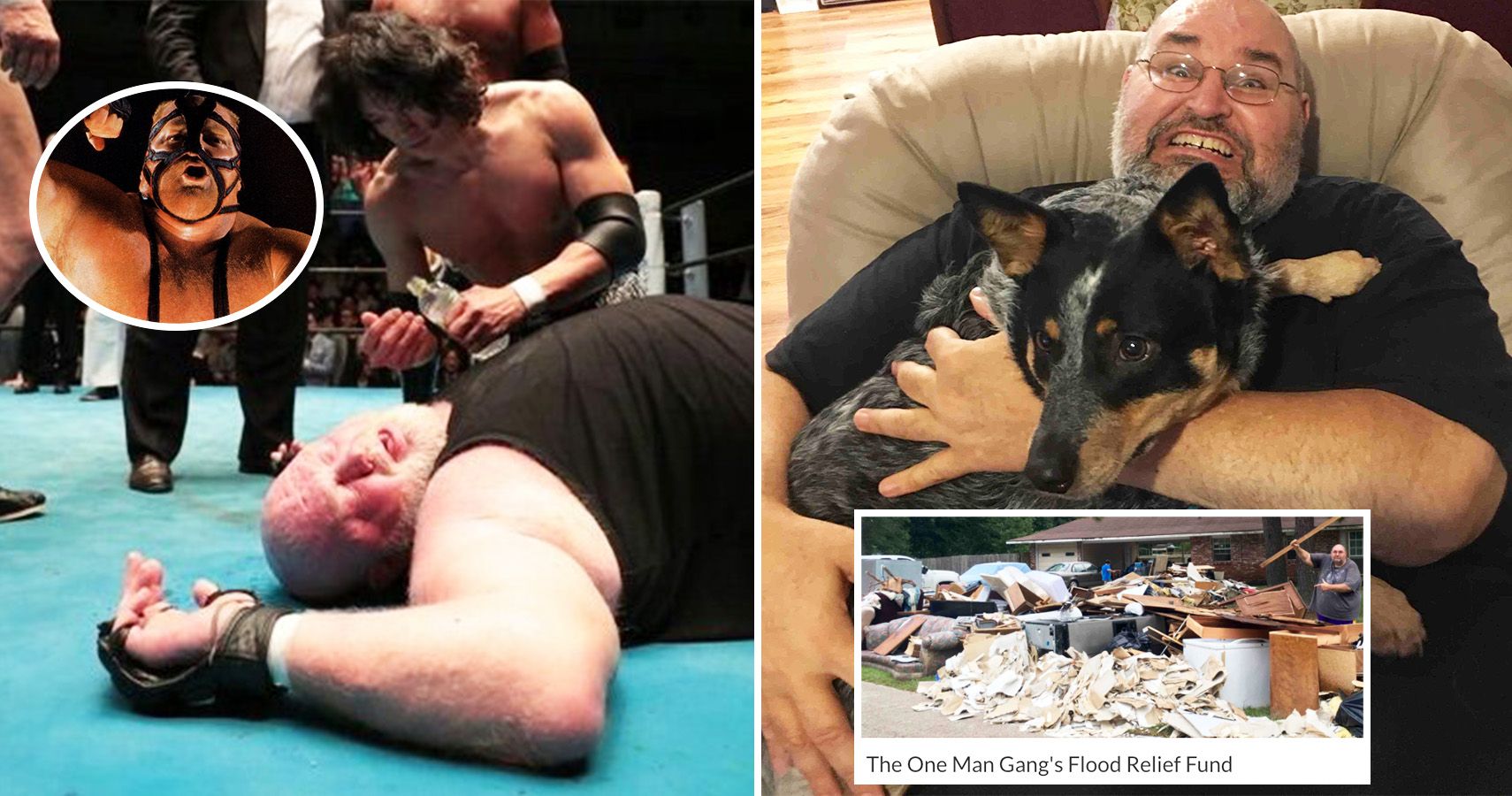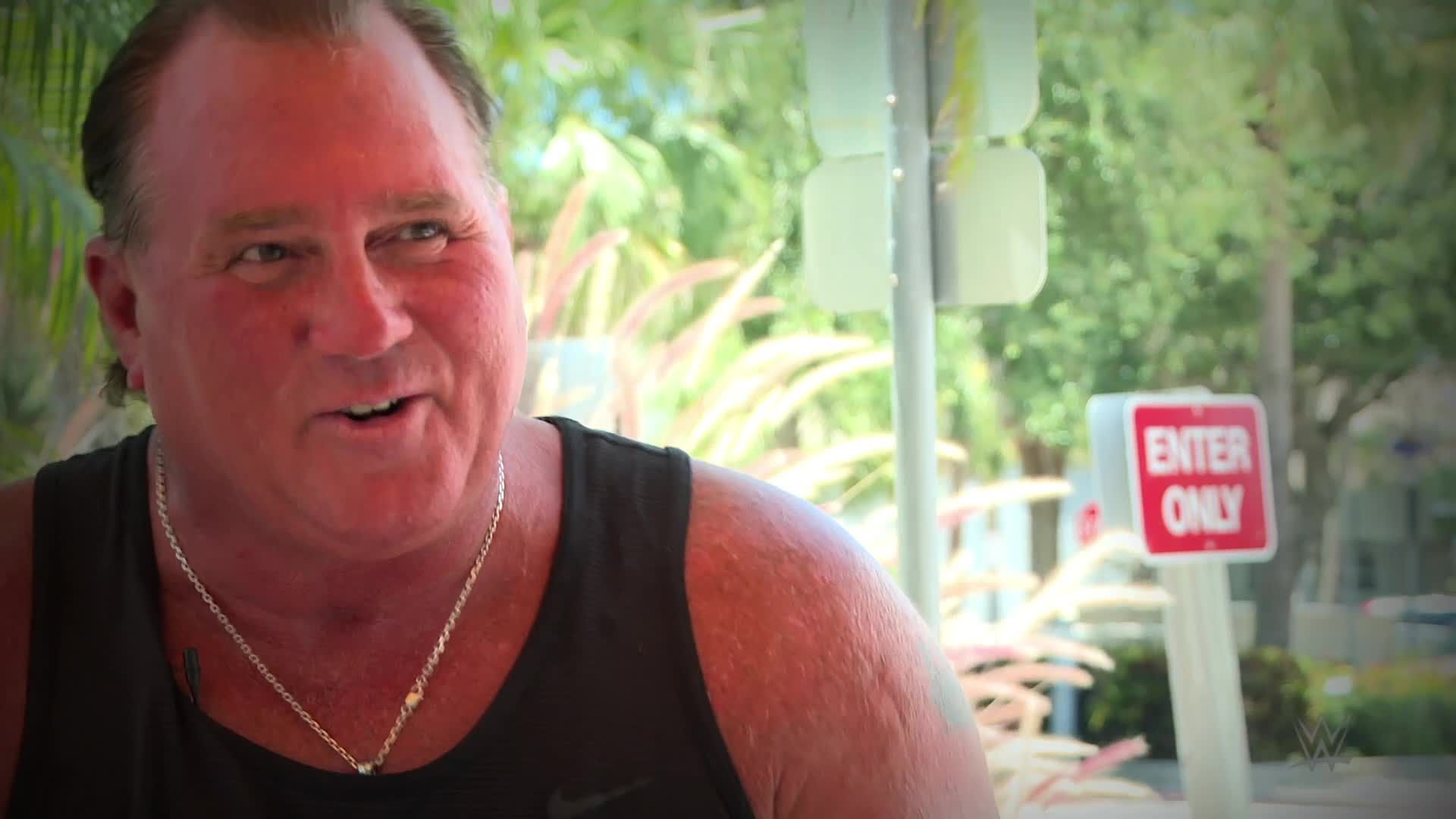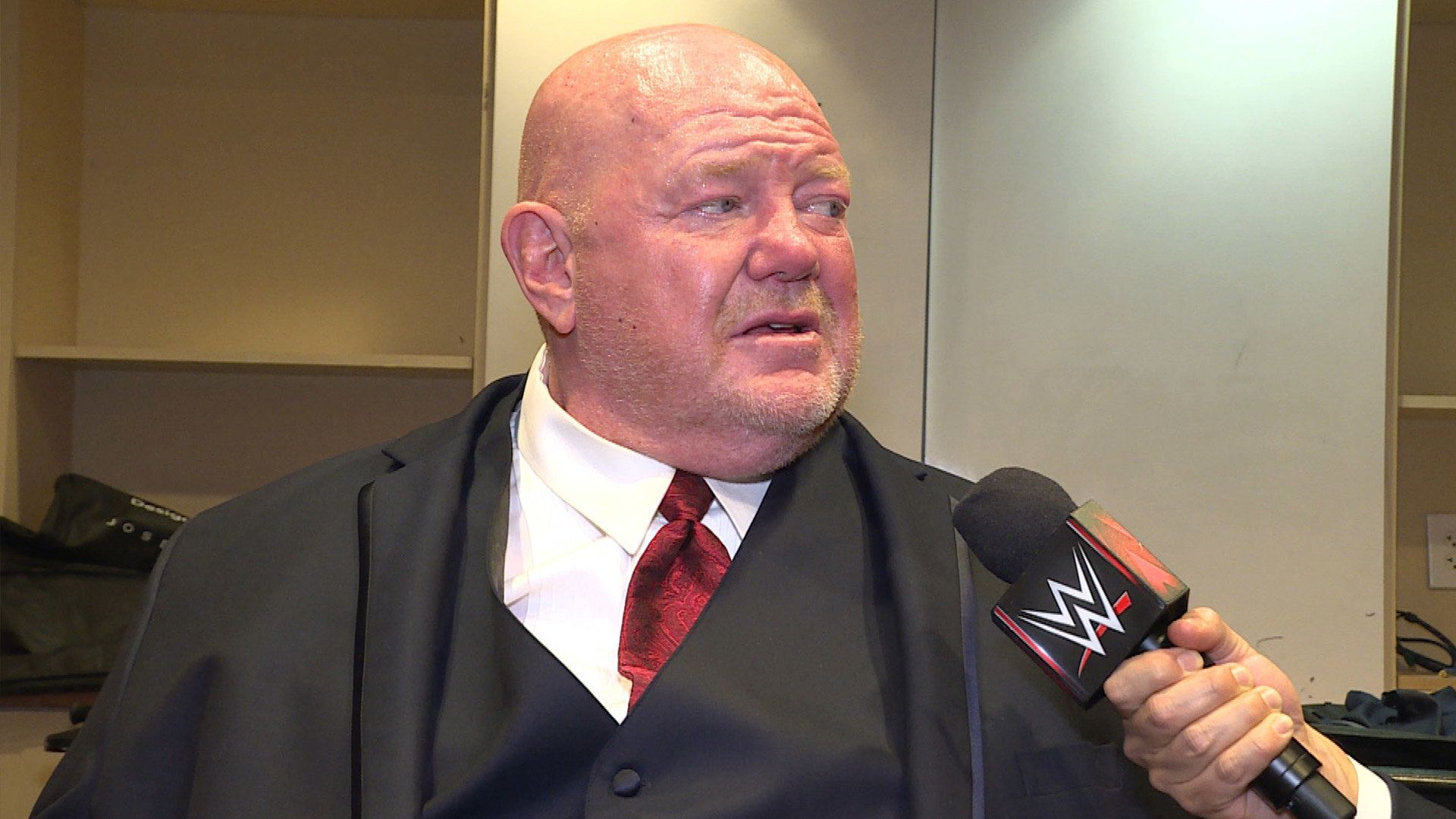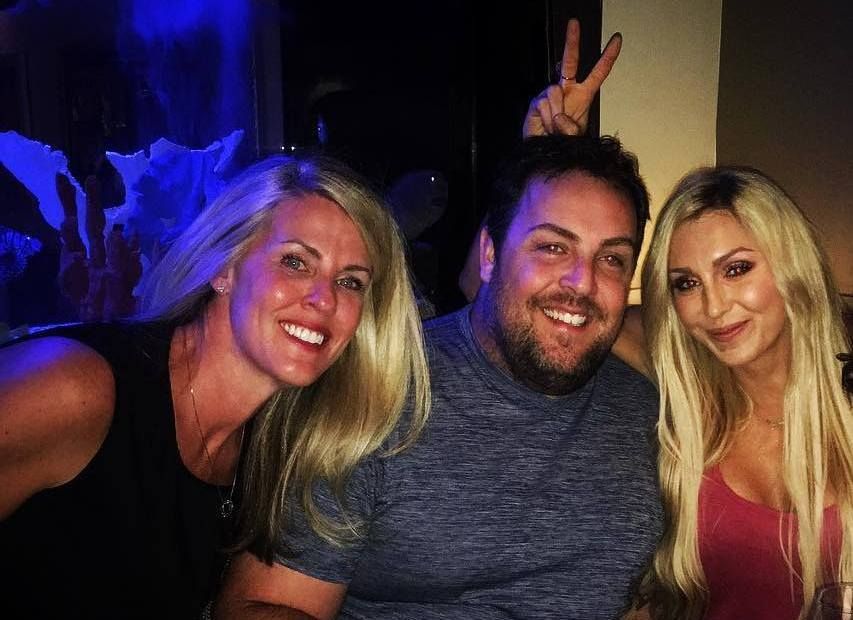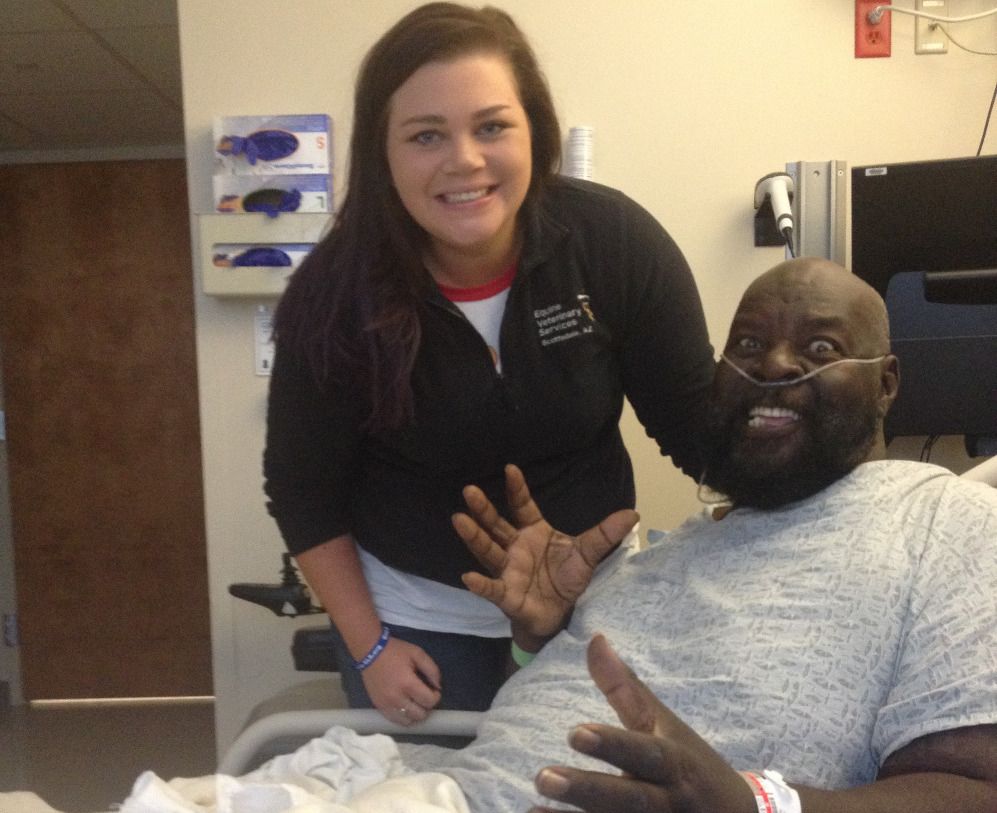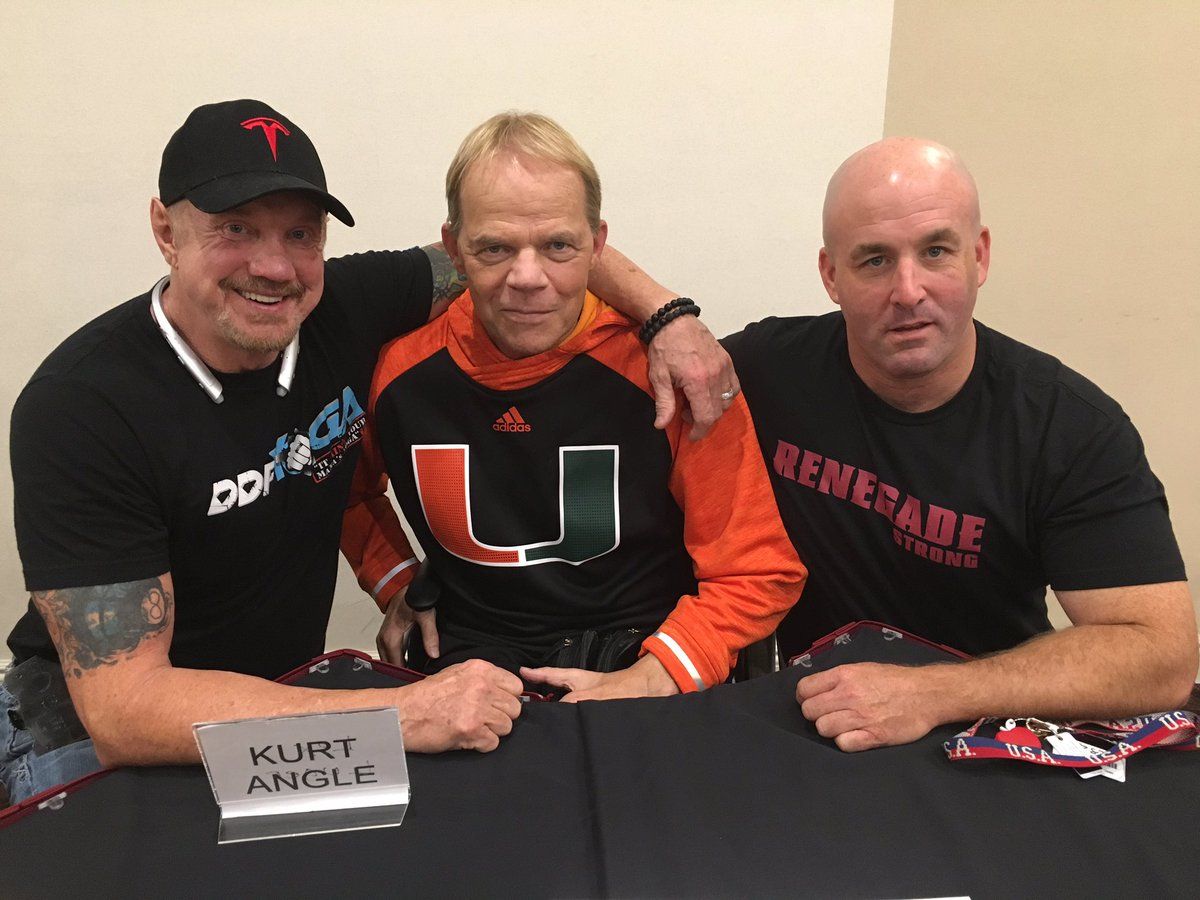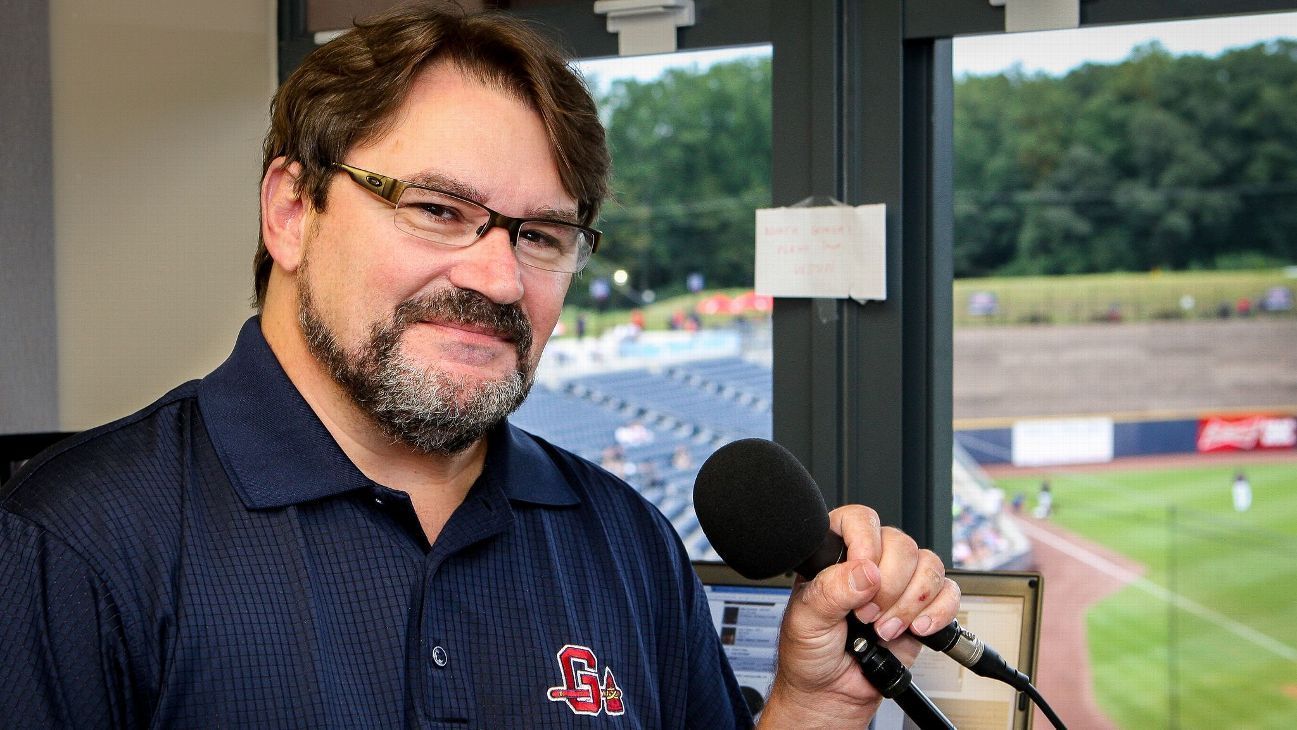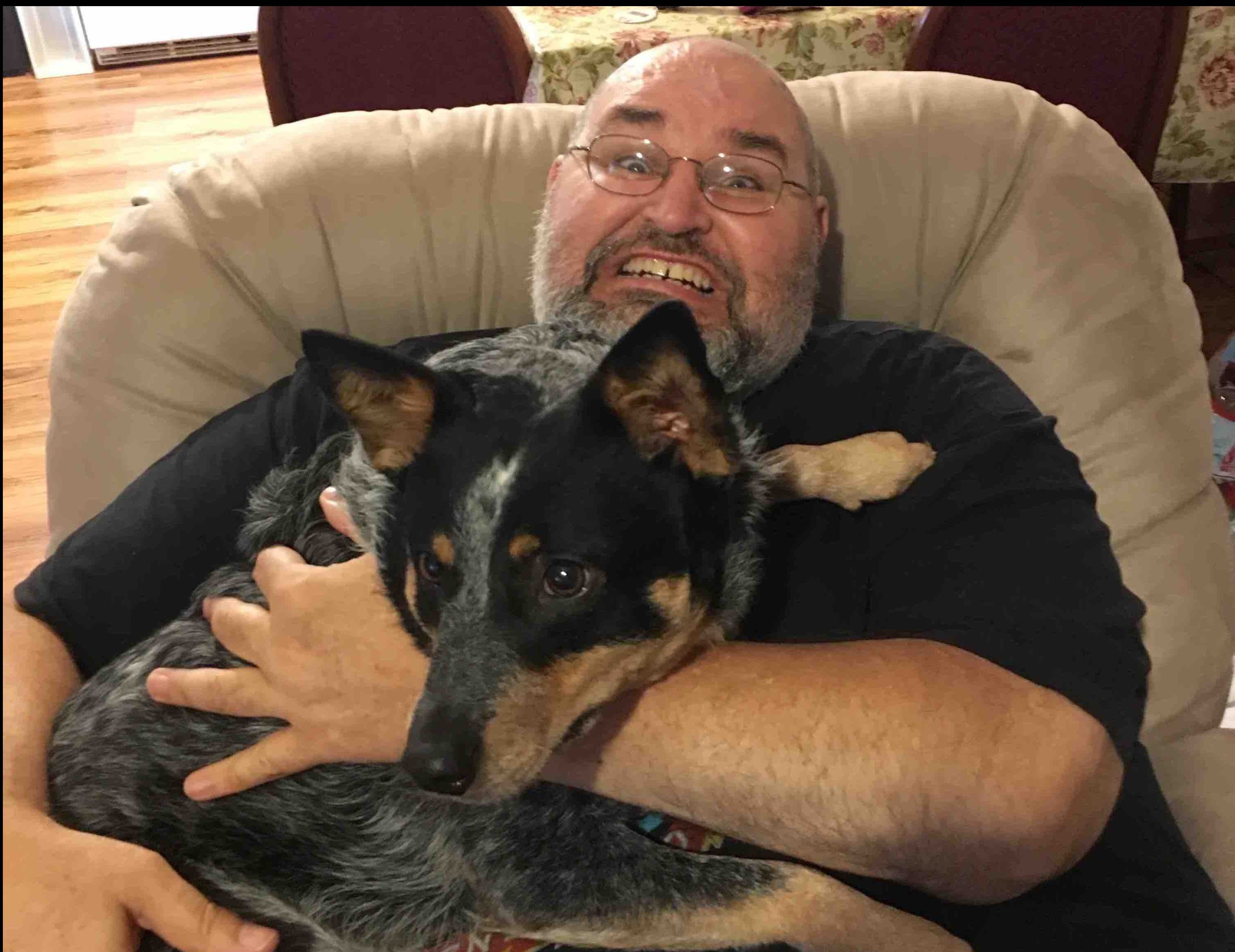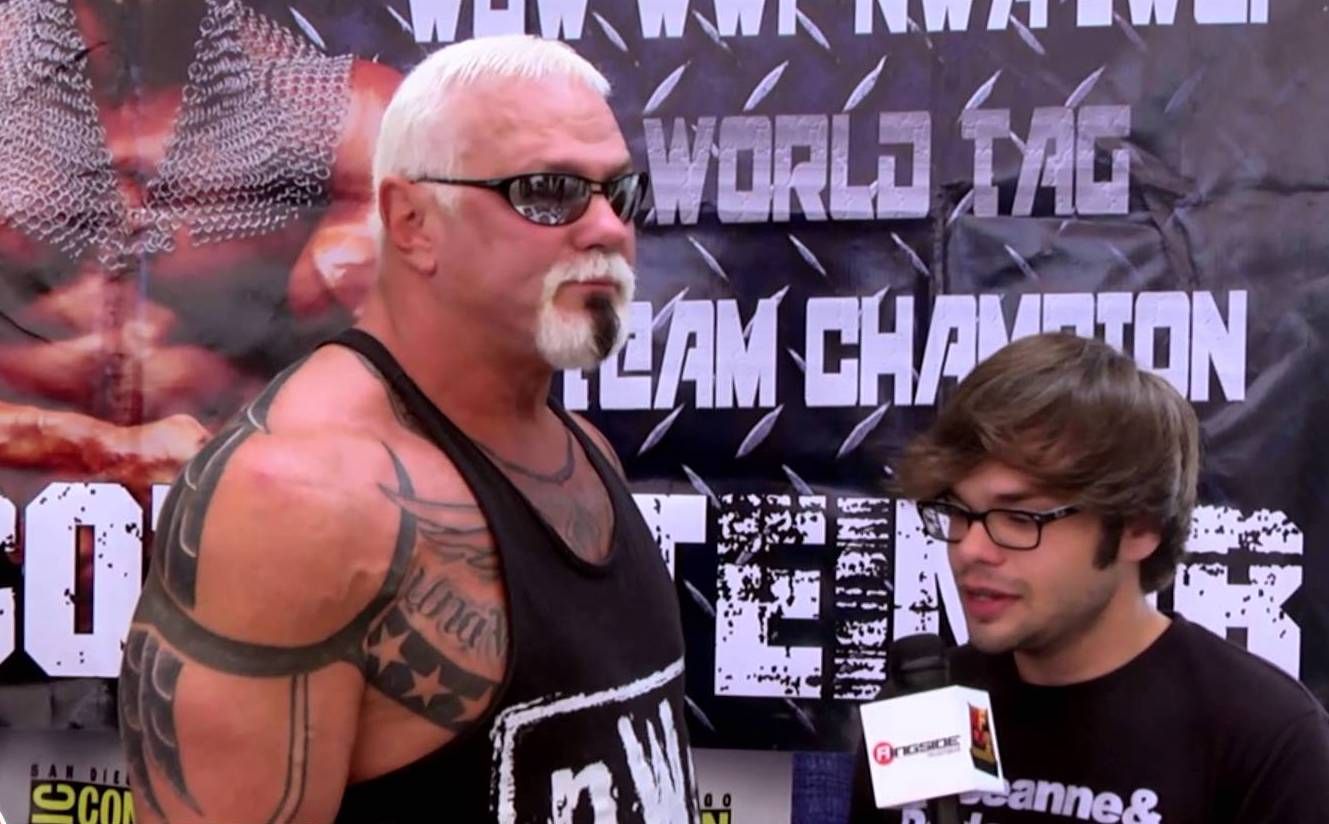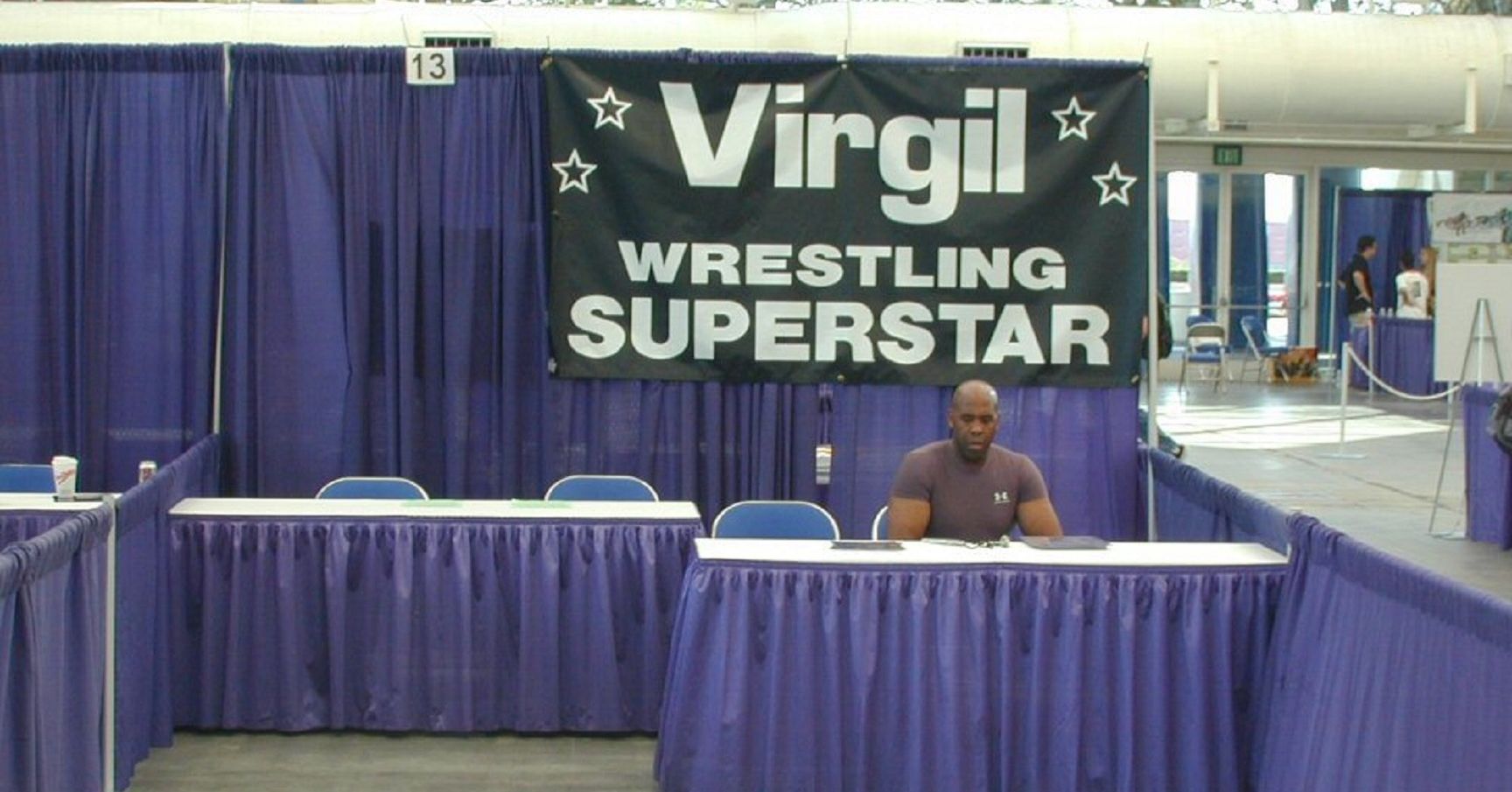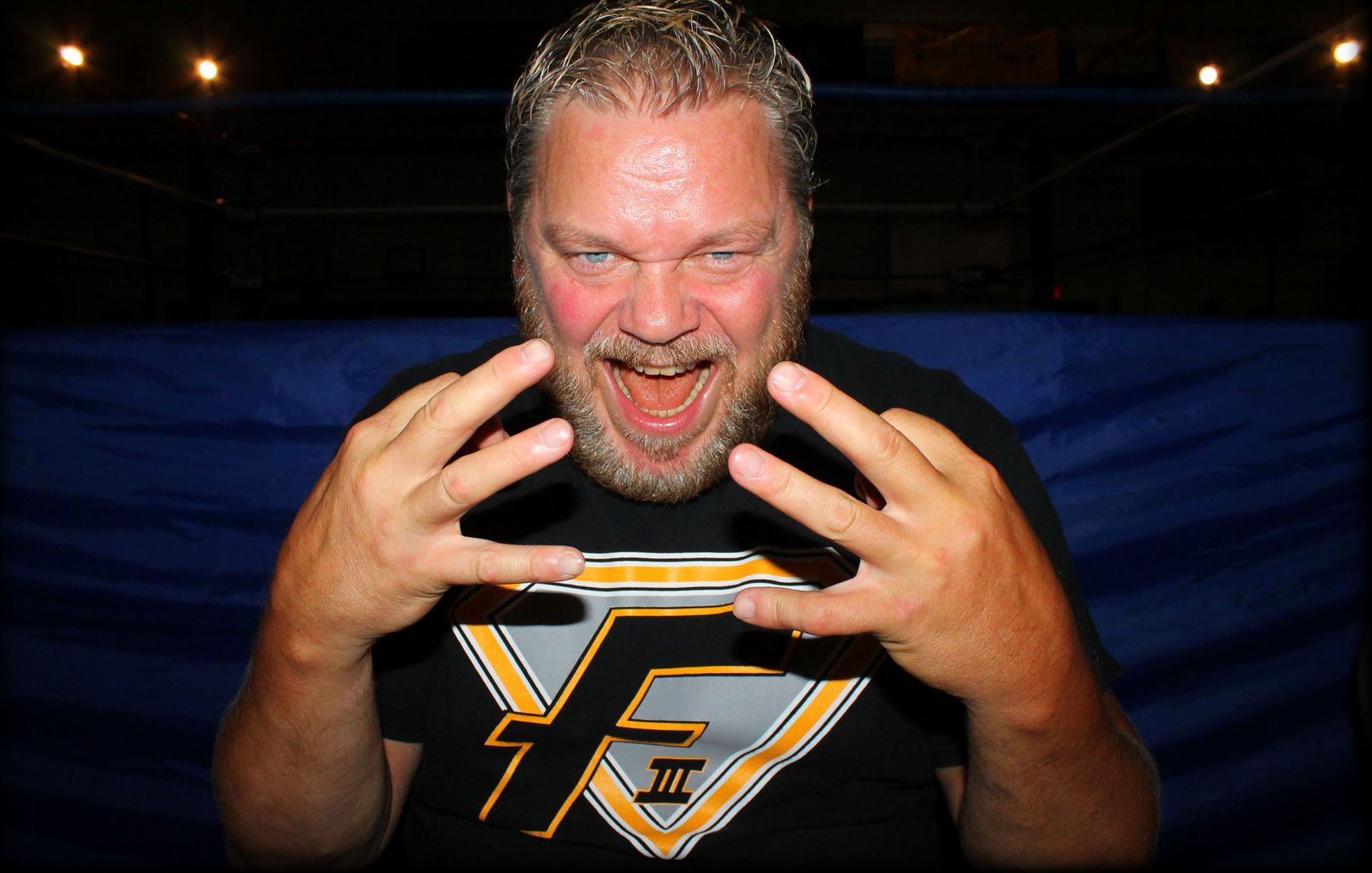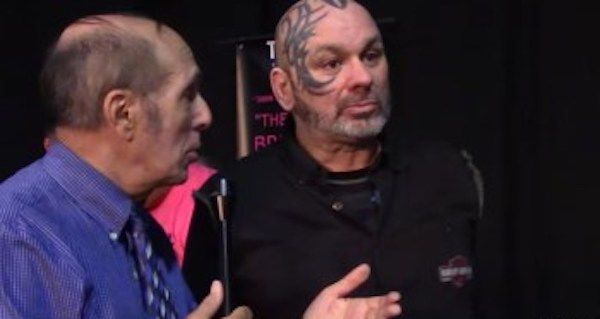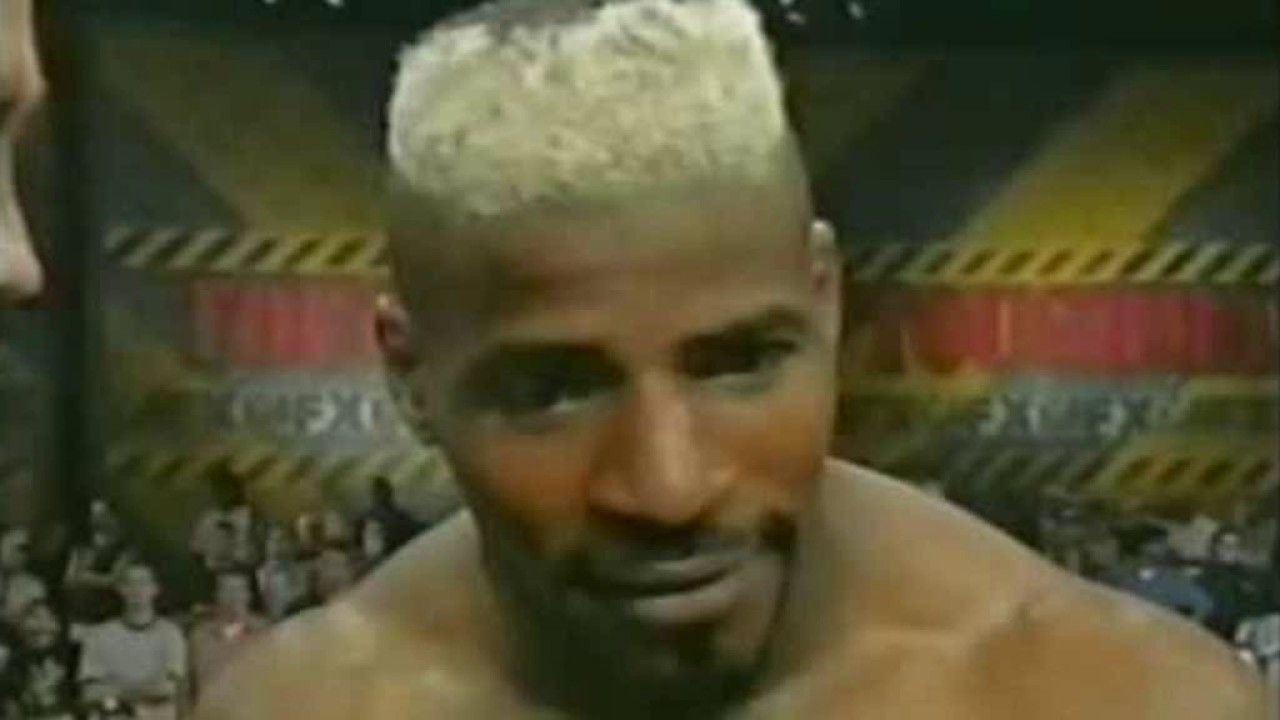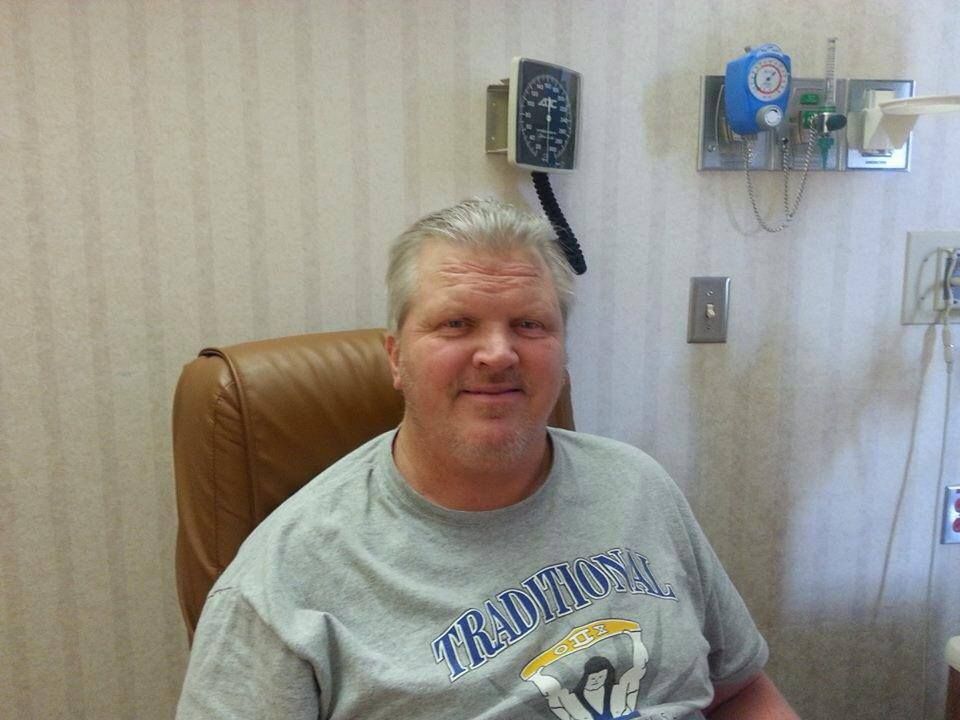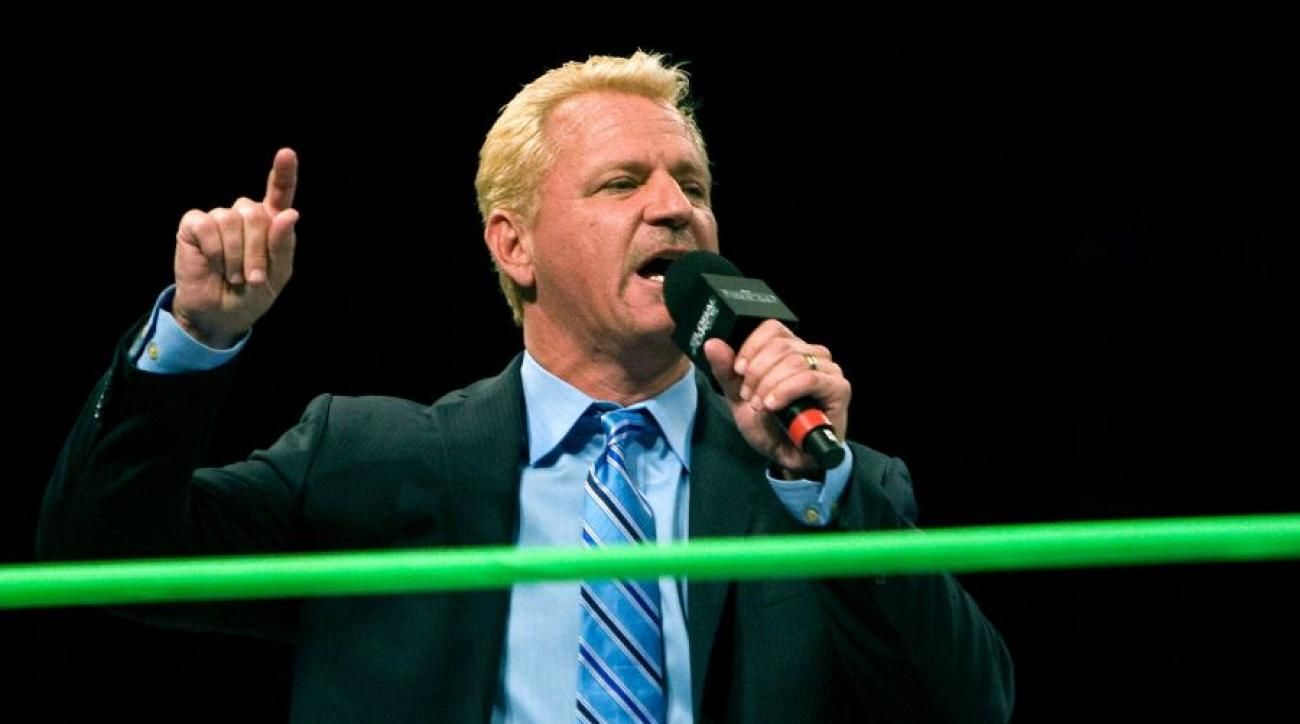History hasn’t been particularly kind to the legacy of WCW and many of its stars. Though the company was as, if not more popular than WWE for a period of years in the 90s, and though the company certainly had its share off quality matches and moments, most of that gets bogged down now in what did not work as well. Critics will say that the company was mismanaged, ranging from executives who knew nothing about the wrestling business making important decisions, to the ‘inmates running the asylum’ as guys like Hulk Hogan flexed their political stroke, and guys like Kevin Nash headed up creative at certain points. On screen, chaos tended to reign in the form of inconsistent booking, nonsensical heel turns, and highly anticipated matches that ended in disappointing schmozzes.
As of this writing, over 16 years have passed since WCW was sold to WWE, and it’s fascinating to see what has happened in the aftermath. Some of the company’s top names have gone on to success. Ric Flair enjoyed a career renaissance, getting his confidence back in WWE, getting a proper send off in 2008, and since standing by as his daughter grew into a champion. Sting built a new legacy for himself in TNA, and even got a proper epilogue when he finally signed with WWE, got a WrestleMania match, and went in the Hall of Fame.
Not everyone has been so fortunate, though. There are WCW stars whose wrestling careers floundered or whose personal demons got the best of them. This article takes a look at 15 depressing where are they now stories for WCW alumni.
15 15. Hulk Hogan
Hulk Hogan was a WWE star before he was a WCW star, and based on his WWE work alone there’s little doubt he would be considered one of the top five best known and biggest drawing pro wrestlers of all time. You can add onto that his WCW efforts—first in a lukewarm retread of his 1980s WWE work, followed by an inspired heel run as the leader of the nWo, and Hogan shored up his legacy all the more as probably the single biggest star wrestling ever produced.
For all of Hogan’s successes in wrestling, however, he’s had a rough go of it since WCW closed its doors. Yes, he’s had his bright spots including fun nostalgia runs with WWE, his Hall of Fame induction, and a fun (if not very good) reality TV series featuring his family. Recent years in particular, however, have not been kind to The Hulkster. Tell-all books and podcasts have cast a negative light on the guy, revealing him to have politicked a lot in his wrestling career. On top of that, his son was incarcerated for an underage drinking and reckless driving incident that led to the paralysis of a passenger; Hogan then underwent a sex tape scandal, followed by the release of an audio recording of him using racist epithets over and over. Hogan lost his Legend's contract with WWE over the ordeal.
While Hogan and his legacy seem to be on the mend now, his story, particularly over the last decade or so, has been a sad one.
14 14. The Butcher
Brutus Beefcake rose to fame in WWE, and was widely theorized to have garnered success based on his real life friendship with Hulk Hogan—a perception that was only enhanced after he followed Hogan to WCW and got an oddly prominent position there, including a brief main event run as The Butcher.
From the Butcher, he’d go on to less memorable short-term gimmicks including Zodiac, The Booty Man, and The Disciple. While he enjoyed longevity with WCW, his trial run at the top of the card confirmed he wasn’t cut out to be a headliner.
Post-WCW, Beefcake continued to work independents for the better part of a decade, including appearing on his friends Hulkamania tours abroad. He’d never reclaim his old glory, though, or wrestle again on a national stage. Worse yet, he apparently had a falling out with Hogan. Hogan has claimed in interviews that Beefcake sold counterfeit autographed photos and merchandise of the Hulkster with his consent, creating a rift between the two that, as far as either has said publicly, continues to this day.
13 13. Big Van Vader
Big Van Vader was a top star for WCW from the early to mid-1990s, cast as a dominant heel champion for a time, before he wound up just another monster for Hulk Hogan to come in his original babyface run with the company. Though Vader would go on to WWE, he never achieved comparable levels of success with that company.
Vader seemed to be doing alright for a time, helping his son Jesse get started in his wrestling career, and making occasional nostalgia appearances for WWE. However, issues like a knee surgery gone poorly and a bad car accident meant that, for years, his only headlines revolved around health problems. From there, he got on social media to reveal a heart issue and doctors only gave him two years to live.
Earlier this year in a match in Japan, Vader collapsed to the mat, but he clarified that it was due to a bump he took on the head in the match, and not related to his heart condition.
Vader has been more optimistic about his life expectancy in interviews recently, after apparently getting better news from other doctors, but still it’s unclear what the future may hold for the former WCW Champion.
12 12. David Flair
David Flair is a pretty interesting case from WCW. He’s a guy who got his job with company purely based on who his father was, paid to come in and take part in angles revolving Ric Flair. Those brief appearances gave way to a more full time role wrestling with the promotion, despite the uncomfortable reality that he’d never actually been properly trained as a wrestler. David demonstrated reasonable charisma and effort, but was never much of a performer in the ring.
David got a shot in WWE’s developmental system after WCW closed its doors, and by all accounts worked hard there, too. In the end, though, his wrestling talent never did quite live up to the family name and he never made it to the main roster for more than cameo appearances in support of his father. His story in wrestling gets sadder for how much more highly touted his younger brother Reid was (before his untimely death), and for his sister Charlotte ultimately getting involved in the business and far surpassing what David had accomplished. Fortunately, after working the indies for years, David wound up finding a happy life, getting married and running his own company well away from the wrestling business.
11 11. Kamala
Fans remember Kamala for the Ugandan Giant gimmick he played, storming the ring in face and body paint, bare foot and clad in grass skirts. In reality, he wasa native of Missisippi who boxed and wrestled before Jerry Lawler got a hold of him and rebranded him for his career defining gimmick.
Kamala had a memorable act to work a variety of territories in the 1980s and 1990s, including starring as part of WCW’s Dungeon of Doom stable. After he was last seen in a regular wrestling role in his short run with WWE to help put over newly arrived monster Umaga in 2006, his life took a turn for the worse. High blood pressure and diabetes forced him to have one leg, then the other amputated. While he is still active in building chairs, he indicated in an interview with Bleacher Report that he mostly relies on disability checks to get by now—a sad fate for a former star of the wrestling business.
10 10. Lex Luger
Though Lex Luger had a brief tenure as a celebrated star in WWE, he enjoyed far greater success in WCW. In WCW, he was a multi-time world champion and key player in the promotion’s fledgling years, then a featured opponent (and later member) of the New World Order.
Luger’s post-WCW story was a sad one. His most famous work is an infamously blown promo for the NWA Cyberspace Wrestling Federation in which he mispronounced words, misnamed the featured show he was trying to sell, and finally struggled to take off his t-shirt. Of greater importance, of course, Luger was present when his girlfriend Miss Elizabeth ODed. Later, he suffered from paralysis on account of a nerve impingement in his neck.
Things look to be on the upswing for Luger who found religion, since published a book, and has started appearing as a commentator for various WWE documentary projects. Seeing the former powerhouse as a withered, older version of himself is a bit depressing now, though, particularly with the knowledge of everything he went through in the 2000s.
9 9. Tony Schiavone
Tony Schiavone was widely recognized as the voice of WCW. Particularly after Jim Ross left the company, Schiavone was the top play by play man from the early 1990s through much of the Monday Night War. Though critics have suggested the quality of his work deteriorated over the years, he was nonetheless a recognizable voice, and came across well relative to an increasingly unqualified crew of commentators WCW would eventually bring on to sit alongside him at the broadcast table.
Schiavone called the last episode of Nitro, and would later appear for a bit in the early days of TNA. He mostly left wrestling behind, though, focusing instead on baseball commentary in the Atlanta region. Schiavone appeared on Jim Ross’s podcast, though, and sounded a bit defeated when Ross asked if he’d ever work with WWE again. Schiavone discussed that he actually had reached out to WWE for work for them in a production role and his advances were summarily dismissed, making the once-famous wrestling commentator think that he’d been blacklisted by the biggest wrestling promotion in the world.
8 8. The One Man Gang
The One Man Gang was a pretty iconic big man of the 1980s and 1990s and after a brief stint with WCW in 1991, he’d come back in the mid-1990s to play a part in Kevin Sullivan’s monster heel stable, The Dungeon of Doom.
Gang would go on to a respectable enough career working indies, but found more stable work in the end working as a prison guard in Louisiana. Things took a turn for the worse when back problems resulting from his time as a wrestler caught up to him, meaning the big guy could no longer continue in that capacity. In even worse news, local news outlets reported that he lost his house due to flooding in 2016. He launched a crowd funding campaign in the effort to recover, but all in all things didn’t look good for the wrestling legend.
7 7. Scott Steiner
After a celebrated run teaming with his brother Rick, Scott Steiner broke out as a singles star in the latter days of the Monday Night War era. Big Poppa Pump got by on his herculean physique and his outspoken antics, cutting some sensationally bombastic promos in his heel persona as he feuded with guys like Goldberg and Booker T.
After WCW closed its doors, Steiner would have a brief and disappointing run with WWE in which he largely looked out of shape and, for his most high profile moments, was miscast as a generic face. He achieved some better work with TNA, but more recent reports about Steiner aren’t optimistic. He has been outspoken in shoot interviews, speaking out against parties including Triple H, Stephanie, McMahon, Dixie Carter, and Hulk Hogan. The Hogan beef got really out of hand when he purportedly confronted Hogan’s new wife at the airport and threatened Hogan’s life through her.
6 6. Vincent
After a memorable run alongside The Million Dollar Man Ted DiBiase as his kayfabe bodyguard, Virgil, in WWE, Vincent followed DiBiase to WCW where he was renamed to poke fun at Vince McMahon. There, he played a supporting role for the New World Order and later aligned himself with the West Texas Rednecks faction.
Since WCW closed, Vincent has largely seemed directionless. He ‘s best known for showing up at conventions as well as miscellaneous other locations requesting too much money for autographs and photos (giving way to the “Lonely Virgil” Internet meme). Worse yet, he purportedly burned bridges with his old running buddy DiBiase by setting up independent bookings for the two of them without ever telling DiViase about it—let alone getting his consent.
5 5. Shane Douglas
After being a featured as a bright young star in the tag ranks in the early 1990s, Shane Douglas returned in the late stages of WCW’s run as a jaded veteran. He had a real-life chip on his shoulder based on feeling spurned by Ric Flair in his youth, and had cultivated a successful career for himself, particularly based on his efforts for ECW. The follow up WCW run wasn’t necessarily the stuff of legend, but he was taken more seriously as a singles star at that point.
In the aftermath of WCW, Douglas worked for a period of years with TNA, and has since remained a regular presence on the indie scene right up to today. In addition to that, though, he also infamously maintains a day job working for Target. Douglas has defended the choice as doing what he needs to to provide for his family, and you have to respect that. Just the same, critics like Ric Flair do have a point that his current avocation doesn’t necessarily reflect well on his legacy as a wrestling star.
4 4. Perry Saturn
Saturn was a WCW star as part of Raven’s Flock stable, who arguably got even more over for defecting to WWE at a critical juncture of the Monday Night War along with his fellow members of The Radicalz.
Saturn went missing from not only mainstream wrestling, but his family and friends for a period of years in the 2000s. He’s spoken afterward about struggling with drug addiction as well as dealing with head injuries from his career as a wrestler. The latter more recently led him to join a class action suit against WWE, though he reportedly has also still been making independent appearances.
Saturn made a name for himself based on technical proficiency, raw power, and agility in one mean looking package. It’s a shame for a guy who had so much potential, not to mention WCW’s Television and Tag Team Championships on his resume, to have since struggled on so many levels of his life.
3 3. Hardbody Harrison
Hardbody Harrison was a regularly featured enhancement talent on Monday Nitro during the thick of WCW’s run alongside WWE at the top of the wrestling world. While he rarely won, to make it to TV at all at that level, in that era was an impressive accomplishment.
Harrison sadly became more famous for his exploits outside the ring after WCW was sold to WWE. The guy purportedly concocted a scheme that included having female wrestling trainees live with him under strict rules, for which he made them pay him money if they didn’t meet expectations. In the meantime, he allegedly pimped out these women, in addition to taking advantage of them sexually himself. Harrison would wind up with a life sentence in prison on charges of sex trafficking and forced labor.
2 2. Bobby Eaton
It’s rare to find a wrestler as widely respected as Bobby Eaton who has nonetheless not really gotten the legend’s treatment from mainstream wrestling. He was an important player with impressive longevity for Jim Crockett Promotions and then WCW, who collected gold most famously as half of the Midnight Express, but also thrived in other tag teams, including pairings with Arn Anderson and later William Regal.
One would hope Eaton is in line for a WWE Hall of Fame induction, most likely with Stan Lane and Dennis Condrey, but there were scares in recent years that made it look as though he may not make it to an induction alive. He made headlines between 2006 and 2016 for suffering from heart issues that threatened his life, and then went missing for a day at an airport in 2016. At the age of 59, it would seem Eaton has seen better days.
1 1. Jeff Jarrett
No individual superstar may have benefited more directly from the Monday Night War than Jeff Jarrett. He had two tenures in WWE, and two in WCW as he bounced between the two promotions to better his paydays as well as his spot on the card, culminating in a main event run that earned him his first world title in the dying days of WCW.
That last defection to WCW included holding up Vince McMahon for money—an unforgivable sin, especially for someone McMahon viewed as a mid-carder that got Jarrett blacklisted. That, in and of itself, might have been a sad story. Jarrett came back for a time, though, launching TNA with his dad, and casting himself as the star of the number two promotion in the country. The company has often had tumultuous backstage business dealings, though, and Jarrett eventually found himself marginalized, then out of power altogether for a period of years.
Jarrett, in turn, launched Global Force Wrestling. It didn’t look like this new venture would garner TNA levels of success, until another series of wheelings and dealings put the companies together, and looked to put Jarrett at the head of it all. After a few short months, however, reports broke that ownership felt Jarrett exhibited erratic behavior and he was being sent home. The GFW name has since fallen silent, and Jarrett has been missing both on TV and behind the scenes. It seems The King of the Mountain has fallen from his perch yet again.

